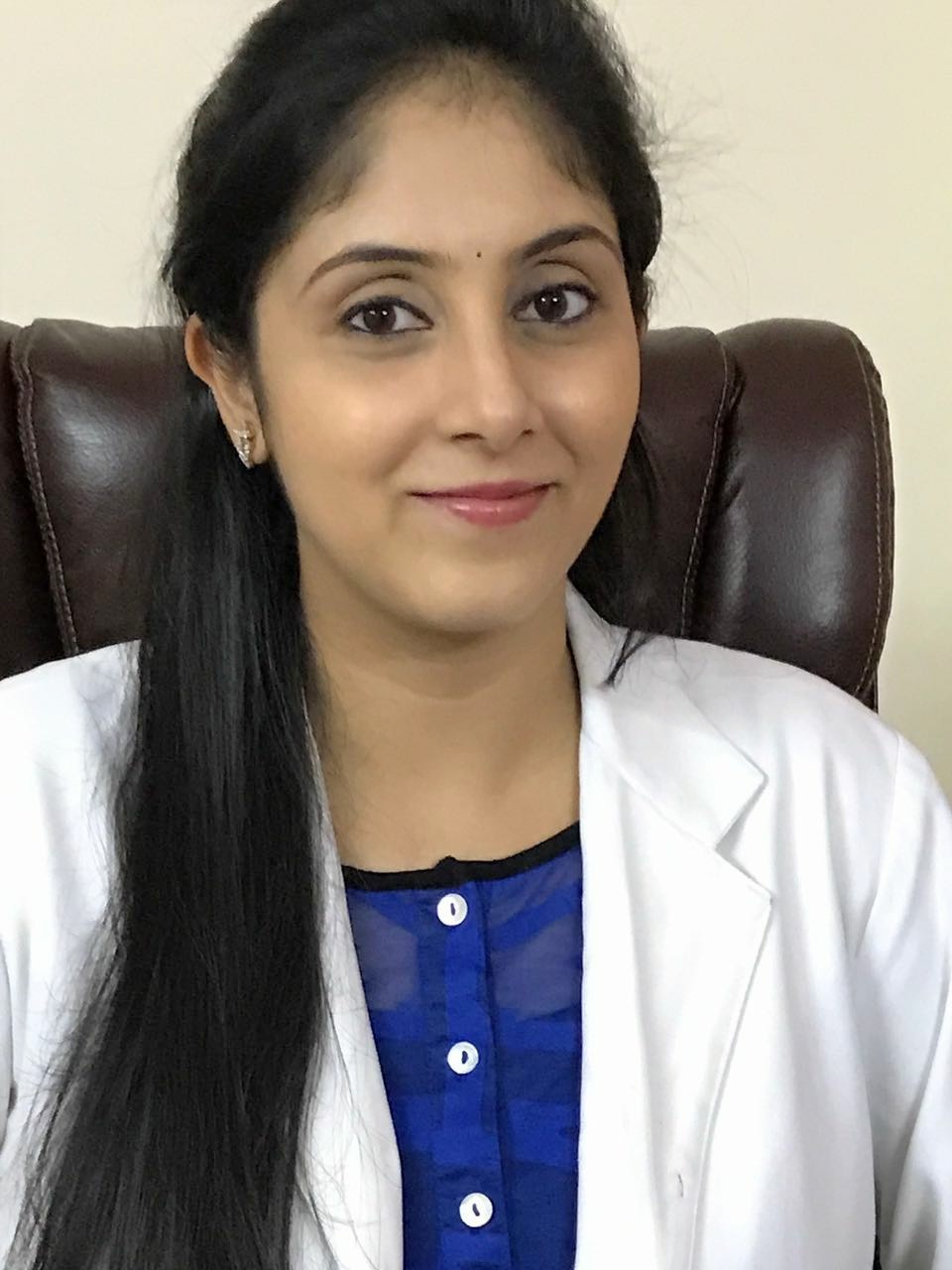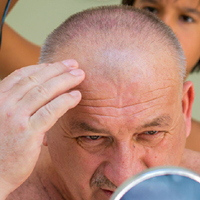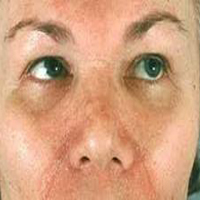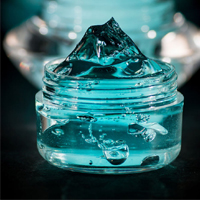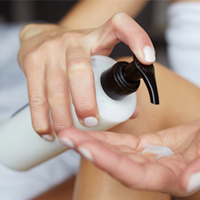![]()
Seborheic Dermatitis(Dandruff)
Dandruff Treatment with Advanced Procedures
Seborrheic dermatitis is an inflammatory skin condition. It often affects the scalp, causing scaly, red patches. The patches may also appear on the face and upper part of the body. Affected areas may have a secretion of an oily substance into the hair follicles.
Seborrheic dermatitis (SD) is caused by an autoimmune response or allergy, and it is not contagious. It is also not curable but can be managed with treatment.
There are two types of SD:
·
1.Cradle cap
Cradle cap is common in babies. It causes scaly patches on the baby’s scalp that may be greasy or crusty. Cradle cap is generally not harmful, and may go away without treatment within a few months. Some babies may get Seborrheic dermatitis in the diaper area, which is usually mistaken for diaper rash.
In rare cases, Seborrheic dermatitis may cover the entire body of the baby, causing red, scaly patches and inflamed skin.
·
2.Adult seborrheic dermatitis
Adult Seborrheic dermatitis is a condition that comes and goes throughout a person’s life. The weather and stress tend to trigger flare-ups. Treatment can reduce flares and bring some symptom relief.
Seborrheic dermatitis symptoms tend to be worse during cold, dry weather seasons, or when someone is stressed.
A biopsy of the affected skin is usually done to rule out other conditions that can cause similar symptoms which may include:
Topical medicines are the most common treatment for Seborrheic dermatitis flare-ups. These include:
These medicines can cause skin thinning with overuse, so doctors will only recommend them for short-term use. Supplementing these topical medicines with natural treatments can decrease side effects and may be better in the long term.
For Seborrheic dermatitis on the scalp triggered by bacteria, antibacterial gels can be prescribed. Antifungal shampoos and creams are also options for this SD symptom.
Light therapy has been used in severe cases of SD. Light therapy involves exposing the affected areas of the skin or scalp to ultraviolet light.

